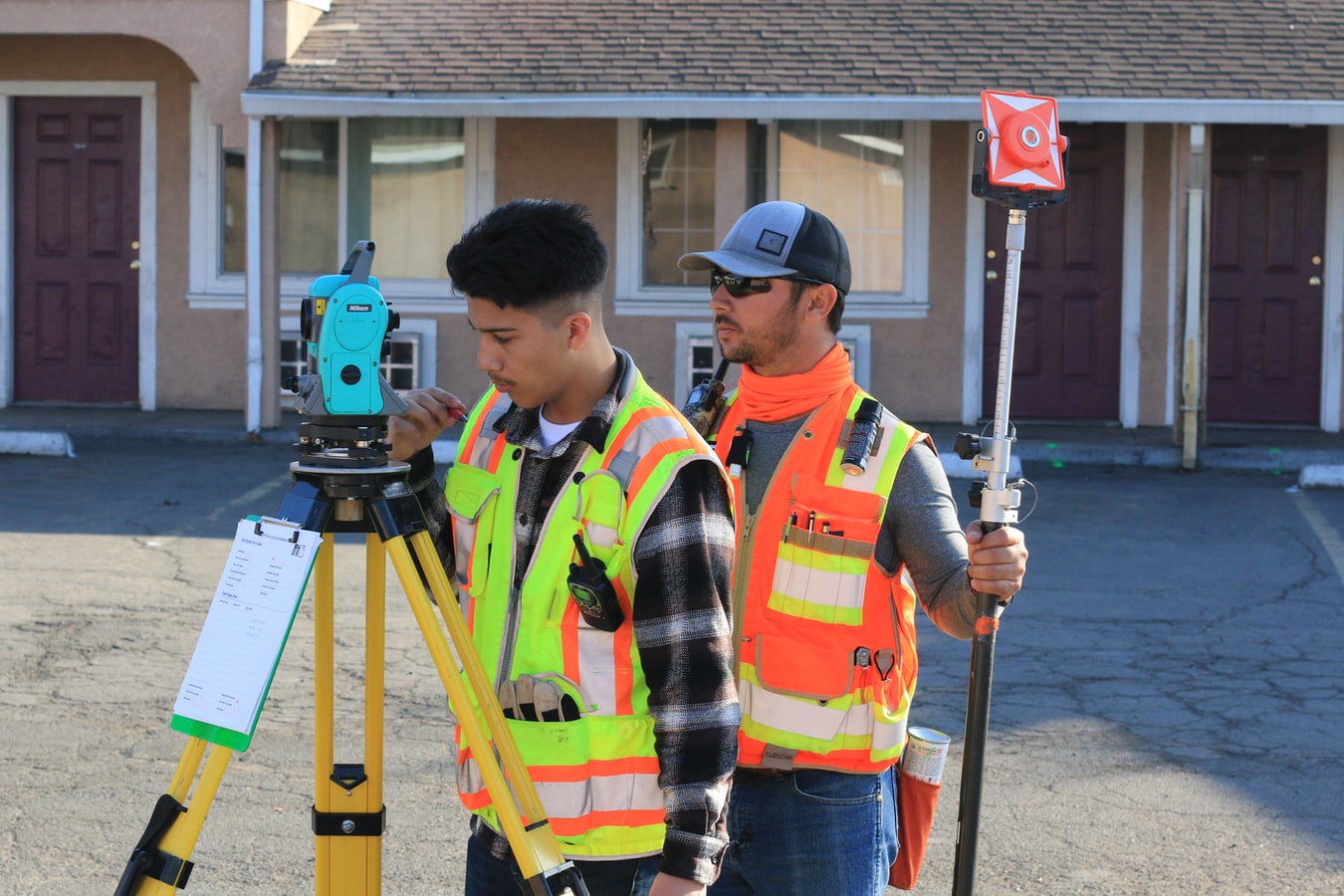Franchising is growing very quickly, but what exactly is a franchise?
It is important for all your Franchisor staff to have a clear understanding of what franchising is. If
they do not understand it, they cannot be expected to get the relationship correct.
Franchising is currently the largest growth area for small business – don’t take our word for it
either, that’s the view of the Australian Competition and Consumer Commission in their forward to
their Franchisees Guide.
Many potential franchise owners or Franchisors can quantify a number of large and successful
franchise chains, but most struggle to define franchising.
Strangely enough, the Australian Government’s compulsory Franchise Code of Conduct does not
provide us with a definition of what is a franchise. Although, it does say for an agreement to be a
franchise “it has to contain three elements:
These are:
1. A franchise agreement involves one party (called the Franchisor) granting another party
(called the franchise owner or franchisee) the right to operate a business under an existing
marketing plan.
2. A franchise is associated with a trade mark or symbol.
3. The franchise owner pays the Franchisor a fee prior to commencing business. This fee may
be for stock, equipment, training or royalties”.
The following description of Franchising is taken from How To Be An Effective Master Franchisee,
a training manual and Guide for Franchisors to use in training Master Franchisees and International
Licensees. The Guide is written by Douglas Matheson and should be available from major
bookshops.
“Franchising is a form of commercial cooperation. The Franchisor grants a party ‘the rights’
to use a business and marketing system in order to cause a trademark to be more readily
recognized by the public. The Franchisor grants the rights in order to guarantee the use of a
uniform business system for the presentation of products and services to consumers. In
exchange for the right to use the trademark and the system, the franchisee pays fees to the
Franchisor in the form of an initial license fee and an ongoing royalty fee.
More than a method of distribution, franchising is a way for the Franchisor to derive
financial benefit from its expertise without investing its own capital in the franchisee’s
business. A franchise relationship differs from a distribution or dealership arrangement
when the agreement involves the use of a single business name, the use of uniform business
methods including a prescribed marketing program, and the payment of royalties in
exchange for benefits granted by the Franchisor.
The major difference between a business organisation and a franchised organisation is the
realization that the Franchisor and the franchisee are interdependent and that one cannot
succeed without the other. They are symbiotically interrelated, mutually related,
strategically allied, and involved in an exchange relationship. Each is independent of each
other, yet intrinsically linked to the business network. The Franchisor is responsible for
managing groups of people coming together in order to form economies of scale: 2+2=10.
Economies of scale develop from mutually shared vision and everyone marching to the same
drummer. Mutually shared vision and uniformity in a system results from trust which
evolves from effective communication”.
The Franchise Association of South Africa takes a less legalistic (but valuable) way of looking at
franchising:
“Franchising is a way to work together, learn together and continue to partner and grow
partnerships together. Franchisees and Franchisors are “joined at the hip” so to speak. The
more we can do things together and the better they communicate the stronger their voice,
and the better they prosper.”
And for a final definition let’s look at the British Franchise Associations view:
“Franchising is a means of starting and running your own business with a very high success
rate: providing you choose a good franchise in the first place.
A good franchise will offer you a proven business format with the initial and continuing
support that you will need. Your business will work under the brand established by your
Franchisor, using the business system they have developed and proven in the marketplace.
You will pay an initial fee to set up using the brand and the proven business format, and you
will pay continuing fees for the support that will keep you in business earning profits on the
trade that you do, and building a capital asset that you can re‐sell.”






































